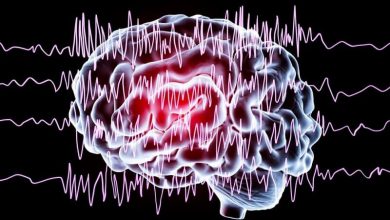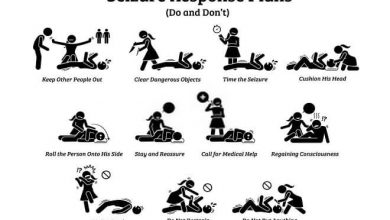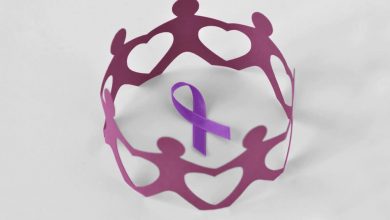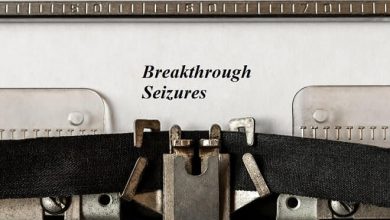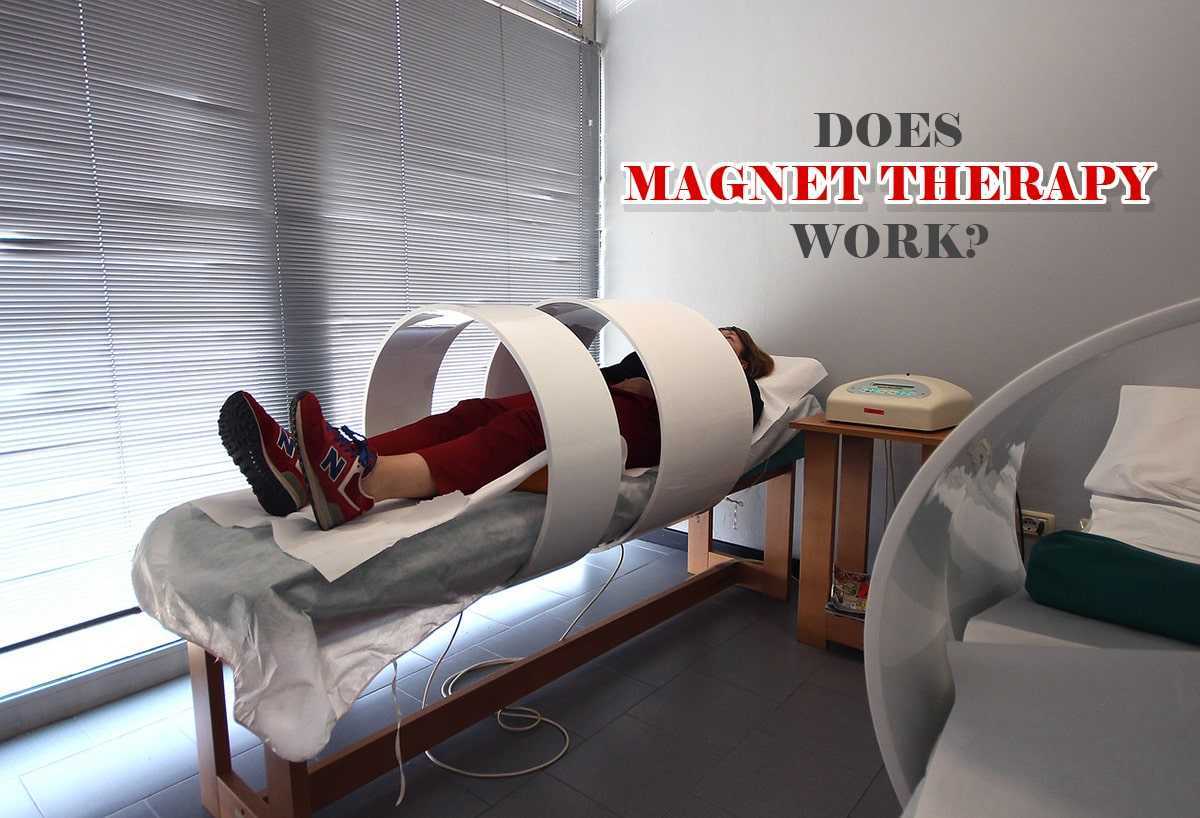Could an Epilepsy Diet Help You?
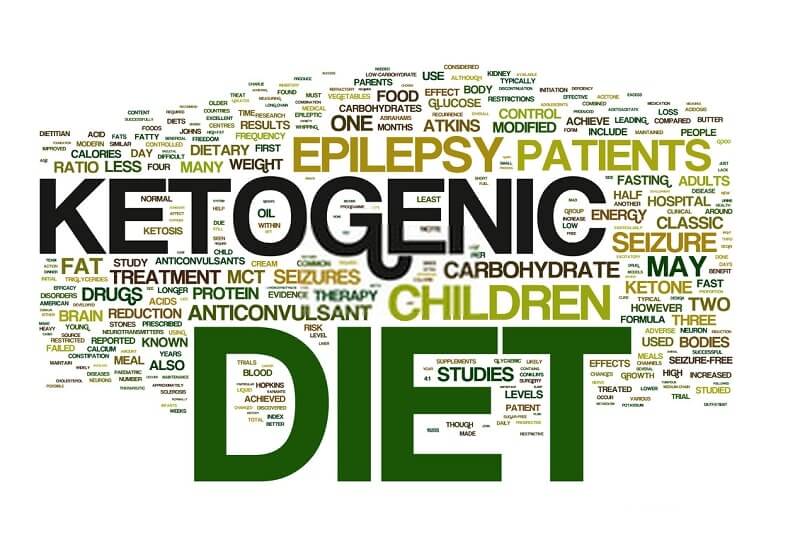
Treating a chronic illness with diet has become more common in the past few years. For some it’s a gamble on whether or not it will improve or worsen their symptoms. When medication isn’t enough, making some dietary adjustments may be able to alleviate some of the symptoms associated with epilepsy.
Diet changes can be a valuable partner in treating epilepsy. While the ketogenic diet is the most popular, there are other possible approaches that may suppress neuronal hyperexcitability and seizures.
Keto diet and epilepsy
We know from past research that a high-fat and low-carbohydrate diet, or ketogenic diet (KD), may reduce epileptic seizures in children, but researchers haven’t been able to pinpoint why. Other diets similar to the KD have seen successful results in adults with epilepsy.
Atkins Diet
The Atkins Diet is also based on a high-fat and low-carbohydrate diet. “It is theoretically possible that the Atkins Diet could enable seizure control by a mechanism similar to that of the KD,” the study says. The difference of Atkins compared to the KD is:
- Calorie restriction. Atkins doesn’t restrict calories like the KD.
- Protein. In the KD protein is restricted; Atkins allows large amounts of protein.
Calorie Restriction
The health benefits of a calorie restriction are well known for contributing to an increased life span, reduced risk of cancer and cardiovascular disease and fighting against the degenerative effects of aging. Research has also shown that calorie restriction may be neuroprotective. In several animal studies, calorie restriction alone was able to reduce the frequency of seizures. Some scientists think that a calorie restriction may underline the same mechanism found in a ketogenic diet from either ketosis or hypoglycemia. “Taken together, the data suggest that calorie restriction is sufficient to influence seizure threshold and may augment the effects of KD treatment,” the study says.
Polyunsaturated Fatty Acids
“Polyunsaturated Fatty Acids (PUFA) play an important role in brain development and in the modulation of neuronal excitability. Exploration of their possible function in epilepsy treatment is just now beginning. It is possible that a “PUFA diet,” analogous to the existing KD, could become a feasible mode of therapy against epilepsy,” the study says.
Diets That May Worsen Seizures
While there are many diets that have been shown to help lessen the impact of epilepsy on daily life, there are also foods that could make symptoms worse. Those with epilepsy should avoid:
Stimulants, like caffeine, may worsen seizures.
Alcohol can lower the seizure threshold in both the long and short term.
Glutamate may make seizures worse. Glutamate can be found in grains, dairy, and some fruits, vegetables and meats.
Everyone reacts to foods differently and what works for one may not work for another. It’s important to recognize which foods exacerbate your seizures and make adjustments to your diet accordingly.
Working With Your Doctor
Speak with your doctor before making any changes to your diet. Some diets may not work with certain medications and may cause symptoms to worsen. Your doctor can help you find the best diet changes for your specific needs.

